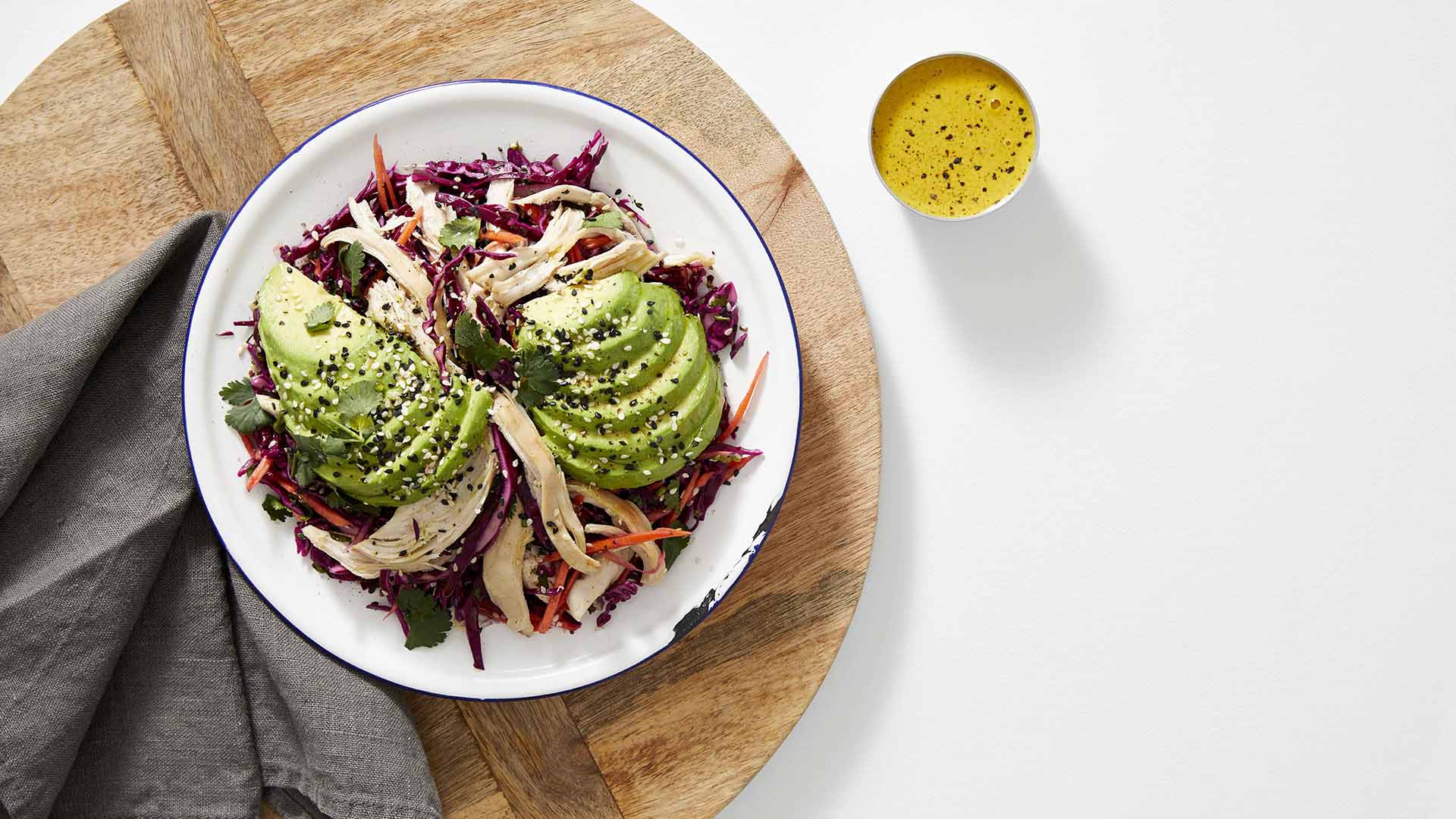
As an estimate, the ‘average’ Australian needs to consume 8,700 KJ per day to maintain their weight. However, everyone is different – weight, height and how much you exercise can change this figure – so the kilojoule count will vary depending on your lifestyle. We’ve created a handy daily energy requirements guide to show you how many kilojoules you need to consume per day in order to either lose weight or maintain weight.
How many kilojoules should you eat per day?
Use our Daily Energy Requirements Calculator to find out.
Working out your daily kilojoule budget
Even at rest, your body burns energy (kilojoules/calories) as it fights infection, keeps your organs functioning, keeps your body temperature stable, and breaks down, recycles and rebuilds hormones, enzymes, cells and other essential components of body systems. This energy requirement for essential body functioning is called Basal Metabolic Rate (BMR) and is calculated based on your weight, height, and age. (If overweight, the best estimate of BMR is calculated using an ideal weight for height, rather than actual weight).
Once you start moving, your metabolism increases as you need extra kilojoules to fuel your muscle activity. That means your Estimated Energy Requirement is a combination of your BMR and your average activity level. This is only a guide as each body is different and activity levels can vary significantly from day to day.
Spending your daily kilojoule budget
Once you have calculated your kilojoule budget, you can focus on the quality and quantity of food and drinks you choose. Ideally, the majority of your kilojoules should be spent on food essentials – the whole foods, rich with nutrients needed by our bodies for good health. Any of the leftover budget can be spent on small amounts of low nutrient foods and drinks – the treats, the empty calorie choices, takeaway and indulgence foods.


